Source: Purchased
Paperback, 78 pgs.
I am an Amazon Affiliate
Said Not Said by Fred Marchant differs from his previous collections that focused heavily on the Vietnam War and the effects of war on soldiers and those nations caught in war. His poems here tow the line between direct speech to the reader and remaining deafeningly silent, requiring the reader to parse out the meaning of his lines and over-arching themes. In this collection there are poems about the Vietnam War, the Benghazi issues, and the deterioration of his sister.
The poet is both witness and subject, and Marchant has an uncanny ability to not only empathize with “the other” but to inhabit their suffering in a way that makes it his own and requires the reader to take their own ownership of that suffering.
“Twin Tulips” is particularly powerful as the narrator is running his finger down the stem of tulips painted in watercolor that falls down the page like tears she shed as she struggled to hold onto her memories and herself even as her mental faculties stripped them away. There is significant beauty in the sorrow, but there is a longing that remains with the last words — “as long as” — because we often feel the same. We want to hold on as long as we can, even though we know that time in finite for each of us.
This theme is carried through the collection and appears in “Forty Years”:
How the sound of the rust-bucket trawler named Memory followed her
wherever she went, its torn nets dragged across the floor of her being, the
silt clouds and debris fields, a stern winch sounding a lot like pain.
Said Not Said by Fred Marchant is wonderfully rendered and deeply emotional. It tracks the sorrow tied to mortality, but it also demonstrates the connection we share as a humanity. This connection needs to be cherished and never forgotten no matter how we age. It is this connection that imbues us with empathy and understanding — something we need more of in modern society.
RATING: Cinquain
Other Reviews:
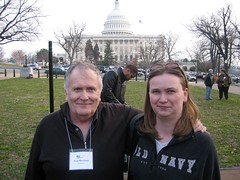
Couldn’t resist sharing this old gem.
About the poet:
Fred Marchant is the author of four books of poetry, including Full Moon Boat, The Looking House, and his most recent collection, Said Not Said, all from Graywolf Press. His first book, Tipping Point, won the 1993 Washington Prize from The Word Works, and was recently re-issued in a 20th Anniversary Second Edition. House on Water, House in Air, a new and selected poems was published in Ireland by Dedalus Press. He is the editor of Another World Instead, a selection of William Stafford’s early poetry, also published by Graywolf Press. With Nguy?n Bá Chung, he co-translated From a Corner of My Yard, poems by Tr?n Dang Khoa, and published in Hà N?i. Emeritus Professor of English at Suffolk University in Boston, Marchant is the founding director of that school’s creative writing program and Poetry Center. He lives in Arlington, MA.

















 About the Editor:
About the Editor: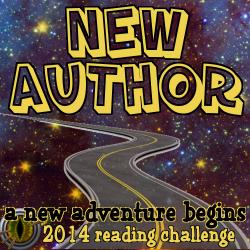
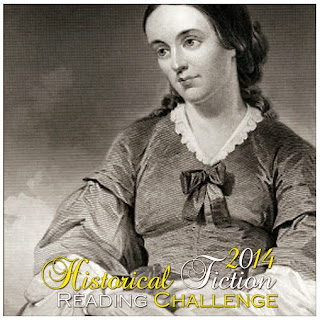




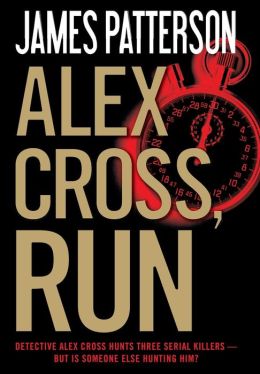

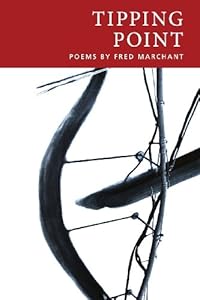
 Tipping Point by Fred Marchant is a collection of poetry broken down into five parts and published by Word Works after winning the 1993 Washington Prize. Readers may wonder what a former Marine Corps Lieutenant and one of the first honorably discharged conscientious objectors would have to say about the Vietnam War, especially having only served two years. This collection is a journey through the memories of childhood, adulthood, and military service, and beyond.
Tipping Point by Fred Marchant is a collection of poetry broken down into five parts and published by Word Works after winning the 1993 Washington Prize. Readers may wonder what a former Marine Corps Lieutenant and one of the first honorably discharged conscientious objectors would have to say about the Vietnam War, especially having only served two years. This collection is a journey through the memories of childhood, adulthood, and military service, and beyond.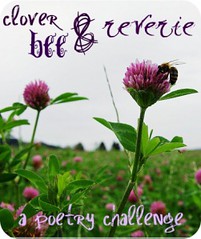


 About the Poet:
About the Poet: This is my 16th book for the
This is my 16th book for the 


